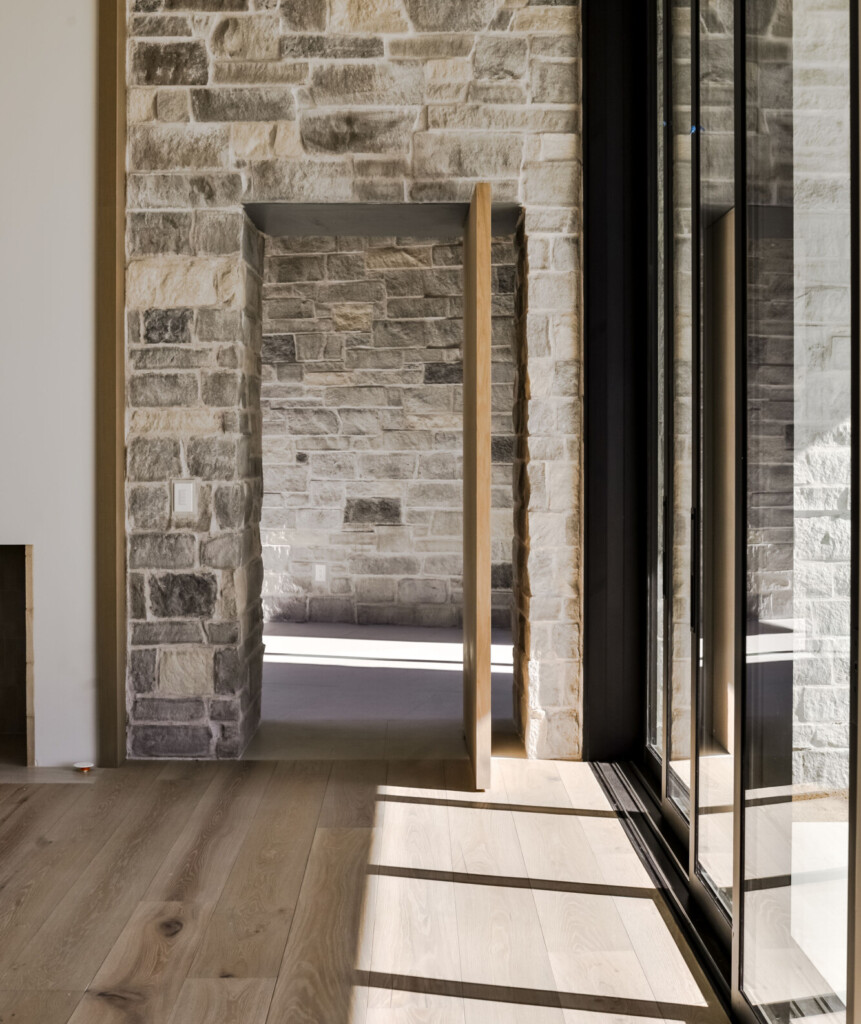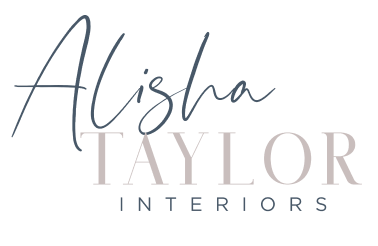
When it comes to luxury custom homes, the choice of flooring plays a significant role in defining the aesthetic appeal and overall elegance of the space. Solid hardwood flooring and engineered hardwood flooring are two popular options that offer their own unique advantages. By understanding their similarities, and differences, and weighing the pros and cons, clients can make an informed decision that best suits their needs and preferences. Let’s explore the details!
Solid Hardwood Flooring
Solid hardwood flooring is the epitome of timeless beauty. Crafted from solid planks of natural wood, it has been a popular choice for centuries and continues to be a sought-after option for luxury custom homes.
Pros of Solid Hardwood
- Authenticity and Beauty: Solid hardwood flooring exudes natural beauty, showcasing the unique grain patterns, textures, and colors of the wood species, adding warmth and character to any space.
- Durability and Longevity: Solid hardwood floors are known for their exceptional durability and longevity. With proper care and maintenance, they can last for generations, retaining their beauty and charm.
- Refinishing Potential: One of the significant advantages of solid hardwood is its ability to be sanded and refinished multiple times. This allows homeowners to restore its original appearance and address any wear or damage that may occur over time.
Cons of Solid Hardwood
- Cost: Solid hardwood flooring tends to be more expensive than engineered hardwood due to the higher cost of sourcing and manufacturing solid wood planks.
- Susceptibility to Moisture: Solid hardwood is prone to expansion and contraction when exposed to moisture, making it less suitable for areas with high humidity or moisture-prone spaces like bathrooms and basements.
Engineered Hardwood Flooring
Engineered hardwood flooring is a versatile and popular choice, offering a blend of natural wood and modern technology. It consists of a thin layer of real wood veneer on top of several layers of plywood or high-density fiberboard (HDF).
Pros of Engineered Hardwood
- Stability and Moisture Resistance: Engineered hardwood is less prone to moisture-related issues and provides better stability than solid hardwood, making it suitable for a wider range of environments, including basements and areas with fluctuating humidity levels.
- Wide Range of Installation Options: Engineered hardwood can be installed as a floating floor, glued down, or nailed, allowing for greater flexibility and ease of installation.
- Cost-Effective: Engineered hardwood is often more affordable than solid hardwood, providing a budget-friendly alternative without compromising on the natural wood aesthetic.
Cons of Engineered Hardwood
- Limited Refinishing Potential: Engineered hardwood has a limited number of times it can be sanded and refinished due to the thin veneer layer. This makes it less suitable for extensive refinishing compared to solid hardwood.
- Appearance Variations: While engineered hardwood aims to replicate the look of solid hardwood, some may find that it lacks the same depth and authenticity of natural wood.
As interior designers, we possess extensive knowledge and experience in selecting flooring materials, including hardwood options. We understand the importance of functionality and space planning. So we consider factors such as foot traffic, room usage, and lifestyle requirements to help you choose hardwood flooring that not only looks stunning but also performs well in different areas of your luxury custom home!

